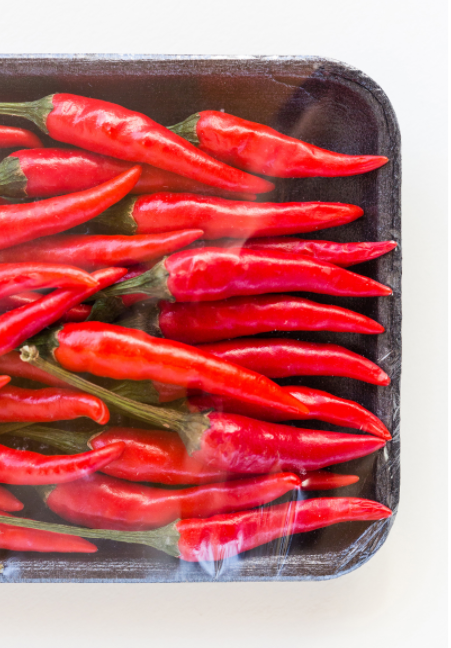Heavy Metals Testing
QACSFOOD uses state-of-the-art equipment & know-how to evaluate food quality and ensure consumer safety. A wide range of Packaging Testing for the Migration of Materials is available. Testing provided is in accordance with relevant national, European and international regulations.
We follow
- acc. to EU 94/62 (CrVI, Pb, Hg, Cd) for the Environment
- acc. to Greek Legislation for paper and board (Pb, Hg, Cd)
- acc. to BfR for paper and board
- acc. to Greek Legislation for metals and alloys
- CM / Res (2013) 9 for metal and alloys
- acc. to EU Reg. 10/2011 for plastic articles
- acc. to 84/500/EEC (Cd, Pb) Ceramic articles
We test
- Active and intelligent materials and articles
- Adhesives, Ceramics / Glass, Metal and alloys
- Paper and Board
- Plastics, Regenerated cellulose
- Rubbers, Silicones
- Varnishes, inks, coatings
- Recycled materials
- Others
We test Plastic and:
Paper and board have gained a significant market piece as Food Contact Materials. With wide range of food contact applications paper is used as packaging for tea bags, baking papers, filters, beverage cartons, sacks, packaging for dry and frozen foods. It is also used for the transport and the distribution of products.
QACSFOOD follows national and European guidelines to ensure necessary measures for consumer protection. Labs provide variety of specific migration testing following national legislations and BfR recommendations such as: Determination of grammage and dry matter, Color fastness, Fastness of fluorescent brightener, Primary aromatic amines/ Azo Dyes, Formaldehyde, Pentachlorophenol, Glyoxal, MOSH & MOAH.
Metals and alloys are used in food contact materials and articles in food processing equipment, containers and household utensils as well as in foil used to wrap food. Our Lab follows the technical guide CM/Res(2013)9 for Metals and alloys used in food contact materials and articles with food. According to the technical guide packaging must comply with the specific release limits (SRL) expressed in mg / kg. In case of polymer coated FCMs, the overall and specific migration can be used to comply with EU Regulation 10/2011 and article 28 of Food and Drinks Code.
Directive 84/500/EEC concerns the possible migration of lead and cadmium from ceramic article in their finished state
- when intended to come into contact with foodstuffs
- in contact with foodstuffs
- or intended for that purpose
Due to versatile types contamination from recycled materials and the capacity of plastics to retain and release contaminants, it is not possible to set defined characteristics for the final product applicable to all types of recycled plastics. At QACSFOOD we perform all appropriate testing to ensure that materials and articles produced from recycled plastics and intended for food contact respect the requirements of Article 3 of Regulation (EC) No 1935/2004.

